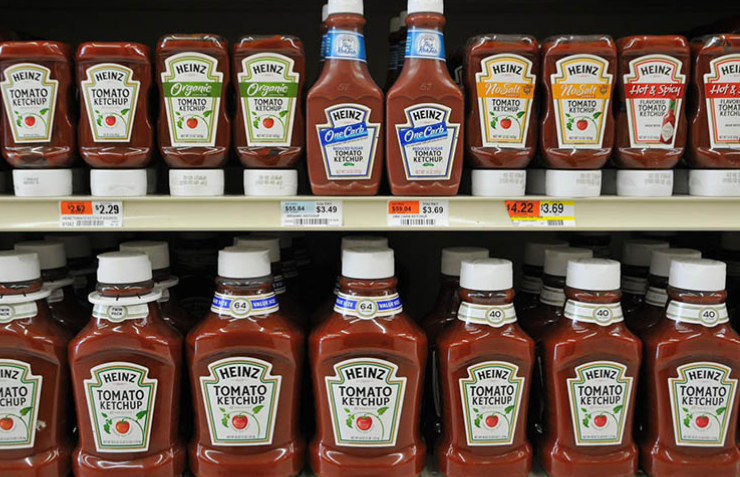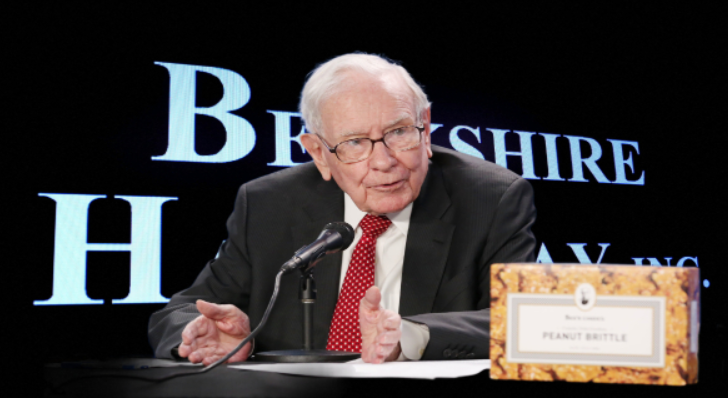Kraft Heinz has announced a strategic split that will separate the food giant into two independent businesses, ending a decade-long merger. The decision comes after years of falling sales and declining market value.
Kraft Heinz Breaks Apart After 2015 Merger
The company made the announcement on Tuesday that it will split into two publicly traded firms in a tax-free spinoff to be completed in the second half of 2026. The move will unwind a 2015 merger between Kraft and Heinz facilitated by Berkshire Hathaway, a Warren Buffett-led company, and Brazilian investment firm 3G Capital.
The merger created the world’s largest packaged food company, valued at $45 billion. Since then, Kraft Heinz has lost about 60% of its market capitalization because of waning consumer preferences and rising input prices undermining growth.
Organisation of the Two New Companies
The new company will consist of two distinct firms. One firm, provisionally named Global Taste Elevation Co., will deal with seasonings, spreads, and sauces. Its brand list will include Kraft Mac & Cheese, Philadelphia cream cheese, and Heinz ketchup, with approximately $15 billion in annual sales according to 2024 figures.

Global Taste Elevation Co will include Heinz ketchup, Philadelphia, and Kraft Mac & Cheese brands.
The second firm, which has been named North American Grocery Co, will trade grocery essentials such as Oscar Mayer meats, Kraft Singles, and Lunchables. This business will generate annual sales of more than $10 billion. Current Kraft Heinz CEO Carlos Abrams-Rivera will lead this unit.

North American Grocery Co will focus on Oscar Mayer, Kraft Singles, and Lunchables.
Market Reaction to the Strategic Split
Investors initially reacted negatively to the news. Kraft Heinz shares lost more than 5% in Tuesday morning trading, following market scepticism about whether breaking up will solve long-term problems. The decline followed a weak 2.7% gain in pre-market trading.
Kraft Heinz is splitting into two companies a decade after they joined in a massive merger. https://t.co/AGqVJns2y6 pic.twitter.com/JnvP9jK6TE
— Yahoo News (@YahooNews) September 2, 2025
Experts cited parallels with Kellogg’s 2023 demerger, which temporarily unlocked value. AJ Bell investment director Russ Mould claimed the very same thing can save Kraft Heinz following its 75% collapse in share value since 2015.
Warren Buffett’s Reaction to the Breaking Up
Warren Buffett, whose Berkshire Hathaway controls about 27.4% of Kraft Heinz, also expressed dismay at the action. In a CNBC interview, Buffett characterised the original merger as “not a brilliant idea” but also said splitting up the company would not fix underlying issues.

Warren Buffett expressed disappointment in the Kraft Heinz split, despite holding a 27.4% stake.
Berkshire only a year ago wrote down its stake in the company by $3.76 billion. Buffett confirmed that Berkshire would not sell its shares in a block trade without like-minded shareholders being offered the same deal.
Challenges Facing the Company
Kraft Heinz has been damaged in recent years by inflation in the price of food ingredients and decelerating demand for packaged foods. Consumers have increasingly switched to cheaper, healthier alternatives. The company has also been beset by rising competition from private-label store brands.
In 2019, Kraft Heinz reduced the value of its Oscar Mayer and Kraft brands by $15.4 billion. Net revenue has fallen each year since 2020, although in the past, there were short-term gains from the COVID-19 pandemic. The company also reported $9.3 billion in second-quarter impairment charges.
Leadership and Operating Strategy
Kraft Heinz board executive chair Miguel Patricio called for strategic separation, streamlining of the structure, and capital allocation. He described this as a way to devote resources to separate portfolios so that each company would be able to develop better.
Despite Abrams-Rivera remaining at the helm of the grocery business as CEO, Kraft Heinz is looking for an executive to act as the leader of Global Taste Elevation Co. The two firms will both have headquarters in Chicago and Pittsburgh.
Industry Wider Context
The Kraft Heinz action follows similar moves by other multinational firms that have abandoned the conglomerate model. Kellogg, Honeywell, Warner Bros Discovery, and General Electric all pursued breakups within recent years to increase business intensity and improve shareholder returns.
Just last week, Keurig Dr Pepper was making plans to acquire JDE Peet’s for $18 billion, a deal that will also lead the company to split its coffee division away from its cold beverage division.
Market Outlook for Kraft Heinz
Whether the two separate entities will be able to reinvent themselves and evolve to meet the changing consumer preferences depends on the future of Kraft Heinz. Analysts have cautioned that strategic divorce may only provide short-term relief to the two companies, unless they invest in innovation and create brands.
The firm is also expecting separation expenses of as much as $300 million, although it expects to recoup much of the cost early on. Success will depend on balancing cost control with redirected product growth to maintain market share, industry analysts believe.
Final Thoughts
When Kraft Heinz decided to engage in a strategic divorce, it was a step in the right direction of the legendary food company. Even though the spin is supposed to streamline and unlock shareholder value, there are execution issues everywhere. The industry-watchers, as well as shareholders, will be keeping a close eye on the two new entities as they prepare themselves to launch in 2026.
Last modified: September 3, 2025



